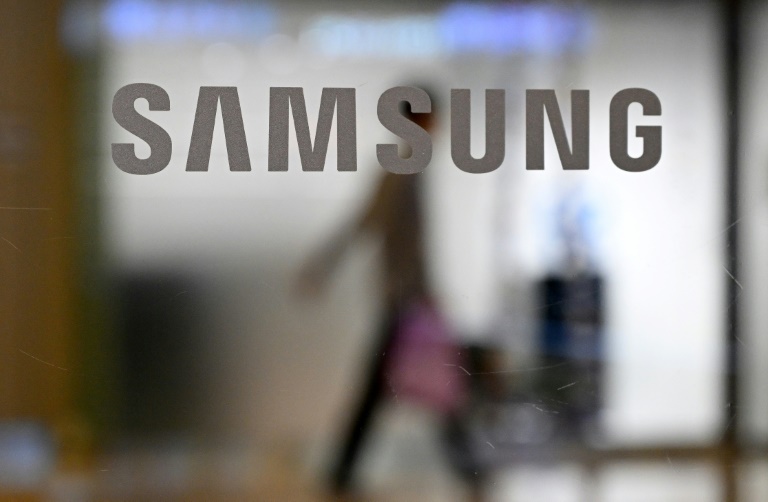Samsung says Q4 operating profits drop 34.57 percent

Samsung blamed weak demand for consumer devices for its Q3 drop in operating profits, but remained optimistic about the year ahead
Seoul – Samsung Electronics on Wednesday reported a 34.57 percent drop in operating profits for the fourth quarter of 2023, as the company struggles with weak demand for consumer devices.
The company is the flagship subsidiary of South Korean giant Samsung Group, by far the largest of the family-controlled conglomerates that dominate business in Asia’s fourth-largest economy.
Operating profit from the October to December period was 2.82 trillion won ($2.1 billion), down from 4.31 trillion won a year earlier, Samsung said in a statement.
Sales for the last three months of 2023 decreased 3.8 percent to 67.78 trillion won. Its net profit of 6.34 trillion won (US$4.8 billion), was down 73.4 percent from a year earlier.
The firm — one of the world’s largest makers of memory chips and smartphones — blamed weak demand, but offered an optimistic outlook for 2024.
“As demand for smartphones and PCs gradually recovers in 2024, advanced processes are expected to drive an approach to 2022 levels in the foundry market,” it said.
Samsung said there were “various potential obstacles, including interest rate policies and geopolitical issues” that could hit 2024 growth, but said it was optimistic nonetheless.
“For PC and mobile, content-per-box is expected to grow due to the impact from expansion of on-device AI,” it added.
Samsung is one of the world’s two biggest memory chipmakers, and is among the few companies worldwide that manufacture premium high-bandwidth memory (HBM) chips tailored for AI processors.
The company earlier this month released its latest Galaxy smartphones with new artificial intelligence features as part of its drive to win back its spot as the world’s biggest phone seller from Apple.
– Cash buffer –
The company also reported its full-year profits for 2023 on Wednesday, with operating profit for the year at 6.56 trillion won, down 84.9 percent from the previous year, the Yonhap news agency reported.
South Korean chipmakers, led by Samsung, enjoyed record profits in recent years as prices for their products soared, but the global economic slowdown has dealt a blow to memory chip sales.
Demand swelled during the pandemic as consumers bought computers and smartphones during lockdowns, prompting chipmakers to ramp up production.
But demand quickly diminished as lockdowns lifted, and weakened further in the face of soaring inflation and rising interest rates.
Still, the global semiconductor market is predicted to recover in 2024 and grow 11.8 percent, according to estimates by industry monitor World Semiconductor Trade Statistics.
“As memory chips are just coming out of its deep downcycle, Samsung’s overall operating performance will improve this year” as “demand and supply reach a greater balance,” Gloria Tsuen, vp-senior credit officer at Moody’s Investors Service, told AFP.
“Samsung has a large net cash position, which provides a strong financial buffer.”
